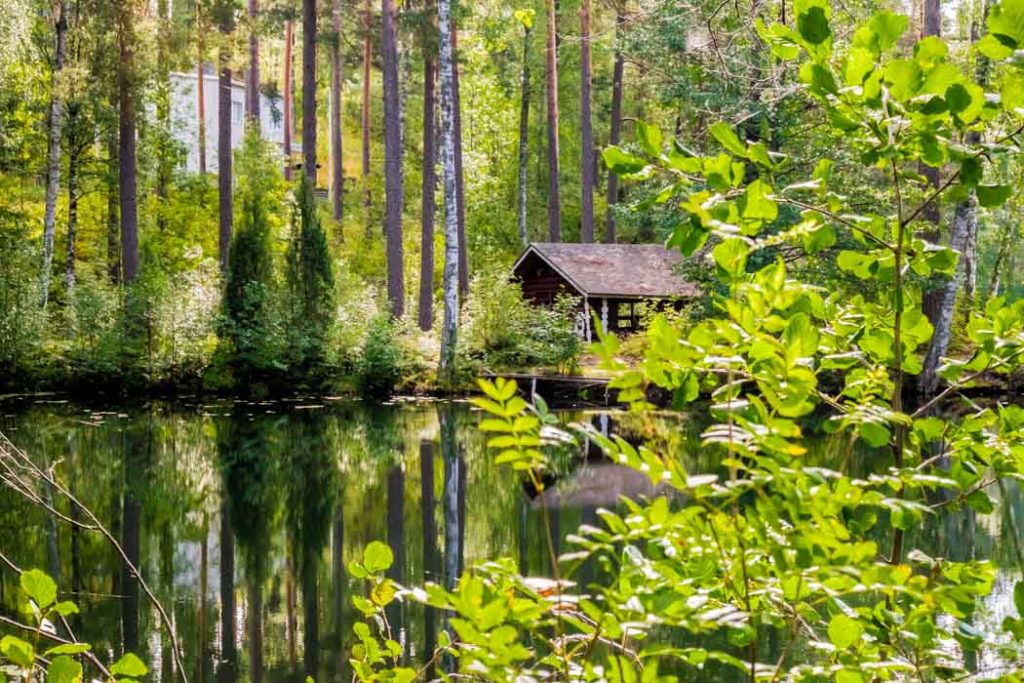European Rural Tourism celebrates its 30th Anniversary in a moment of change
What is the best strategy for the future?
The COVID pandemic has turned tourism upside down. Consumer preferences shift radically in favour of destinations with smaller service units, space, individual freedom, local supply and human contact. All these characteristics have always been at the heart of Rural Tourism, and it comes as no surprise that the interest in our type of services highly increased during 2020/21.
This is an opportunity to gain new costumers and turn them into repeat clients for the future. However, it requires addressing the challenges of increased digitalization, sustainability and service quality that were accelerated by the COVID-19 pandemic.
The moment is also important for the European Federation of Rural Tourism. Registered in 1991, this year it celebrates the 30th anniversary together with a rebranding process under the new acronym RuralTour. This goes along with an evaluation of the experiences and lessons learned in the past 30 years. Applying them to the new trends – especially digitalization and new consumer values – makes our sector fit for the future.
Rural tourism in Europe in 2021 provides around 6 million bed spaces in 500,000 services, representing around 15% of the total accommodation capacity in Europe. Together with related services in gastronomy and active tourism, the sector generates more than €120 billion EUR in direct spending – mostly in the local economy – and is a critical element for the vitality of many rural areas.
Demand for real, authentic experiences and services in tourism was already increasing before COVID. A growing number of experienced visitors is looking for traditional culture and lifestyle, nature, gastronomy, healthy environment, culture and history. All these elements are now in even stronger demand due to the social, cultural and economic consequences of COVID – and they are at the heart of the rural tourism product.
On the other hand, the already fast process of digitalization in daily life and communication considerably increased during COVID. This offers opportunities, but also creates risks. Which lessons can be learned from 30 years of shared experience? – Which are the strategies in different countries? – How to make best use of the EU Recovery Funds to get fit for the future through digitalization and green economy while safeguarding the real and authentic rural experience? – these and other issues will be discussed at the 7th European Congress on Rural Tourism.
Together with social events and optional study visits, this event is a “must” for everybody in Europe involved in Rural Tourism. As in previous years, it provides a meeting point and discussion forum for the Rural Tourism community: entrepreneurs, interested practicians from the private and public sector, and academics involved in rural tourism.
Due to the uncertain development and limitations due to COVID-19, the ECRT2021 is celebrated as a HYBRID event: presentations combine Face-To-Face and online remote contributions.

